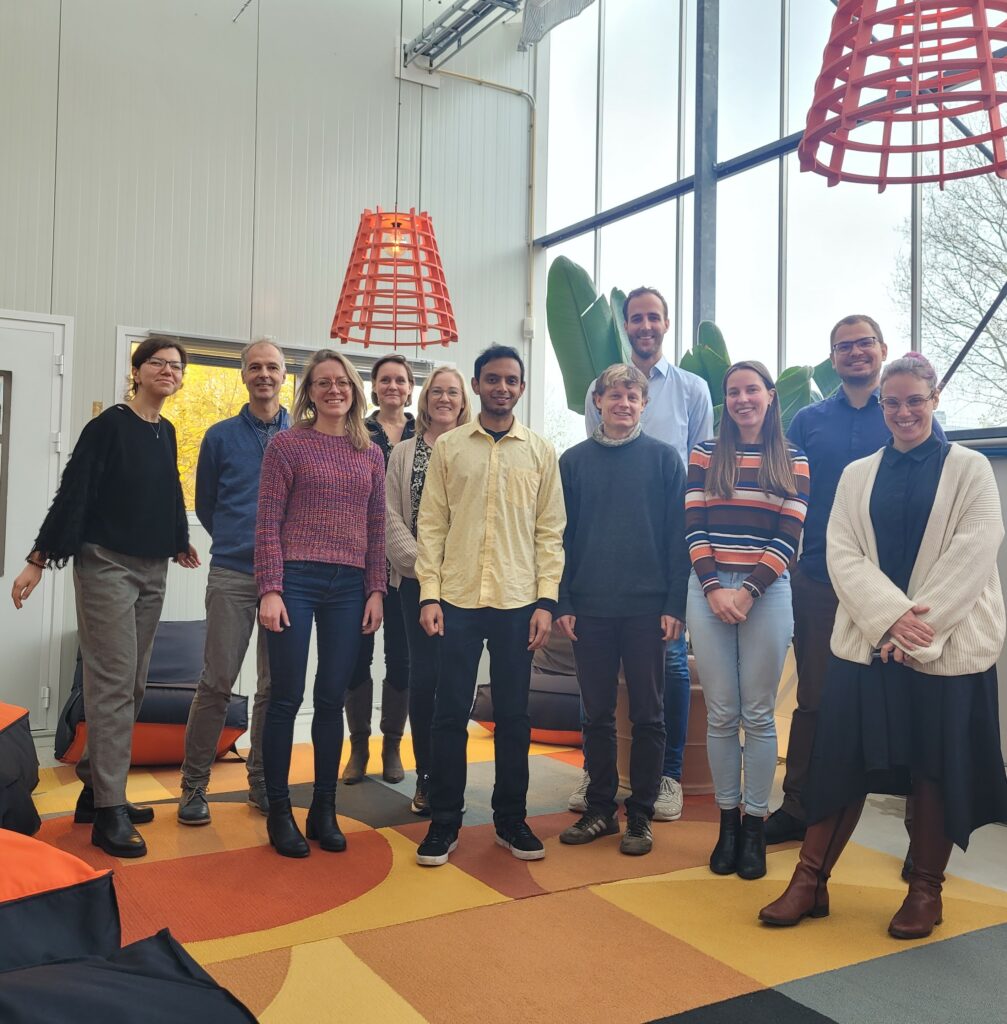
Multi-risk scenarios in the North Sea
On 17th & 18th November 2022, Deltares hosted the first North Sea Pilot Workshop to introduce MYRIAD-EU to an audience of participants from Scotland, Germany and The Netherlands. The participants represented organisations from the energy, policy, shipping, and research sectors.
The North Sea forms an abundant fishing ground and shipping zone that supplies essential goods to much of the European continent and beyond. However, projected population growth, climate change and an increasing competition over the limited available maritime space spell for trouble on the horizon. New long-term and adaptive policies are required for dealing with these future challenges and ensuring that sufficient capacity is in place to address growing needs and demands.
The North Sea pilot contributes to the EU’s maritime spatial planning (MSP) directive, which aims to promote sustainable development and multi-purpose use.
Treading into uncharted waters
There’s no better way to explore multi-risk scenarios then diving right in! Even though participants were originally relatively unfamiliar with discussing Disaster Risk Management (DRM) issues within the context of the North Sea, through the course of the workshop they became more informed about the topic. The Dynamic Adaptive Policy Pathways (DAPP) approach to DAPP-MR methodology was presented, it provides DRM pathways for multi-sector and multi-risk systems.
It is expected that in the future natural hazards will become more intense and unpredictable. However, since currently felt impacts of natural hazards in the region are minimal, participants were required to use their imagination to identify probable natural hazards critical to operations and society in the future. The brainstorming session revealed a great variety of potential hazards such as change in wind directions, cold spell, no wind, drought, heatwave, earthquake and storms which were visualised through impact-effect chains.

The discussions between stakeholders based on improving multi-sector response to multi hazard risks were fed by the following points:
- There is potential for improving the efficiency of policy creation through adopting DAPP-MR methodology which allows for multiple objectives from a variety of sectors to be combined into one policy strategy.
- Conducting a multi-sector comparison is more straightforward than incorporating multiple hazard elements.
Discussion amongst participants revealed that although there has been little debate about DRM issues in the context of the North Sea participants demonstrated a good foundational knowledge on plausible challenges that could impact their sectors and society. While the workshop was successful in acclimatising participants to conducting multi-sectoral comparisons there is the potential to explore this further through incorporation of multiple, varied hazards and risks.
Next Steps
The workshop provided a first step towards developing the first multi-hazard and multi sector pathway for the region. A follow-up session is to be held that will incorporate a wider range of stakeholders from other sectors. It is envisioned that in the future MYRIAD-EU’s tools will be further explored and expanded upon.
Stay tuned for the next workshop which is set to take place at the beginning of 2024.
